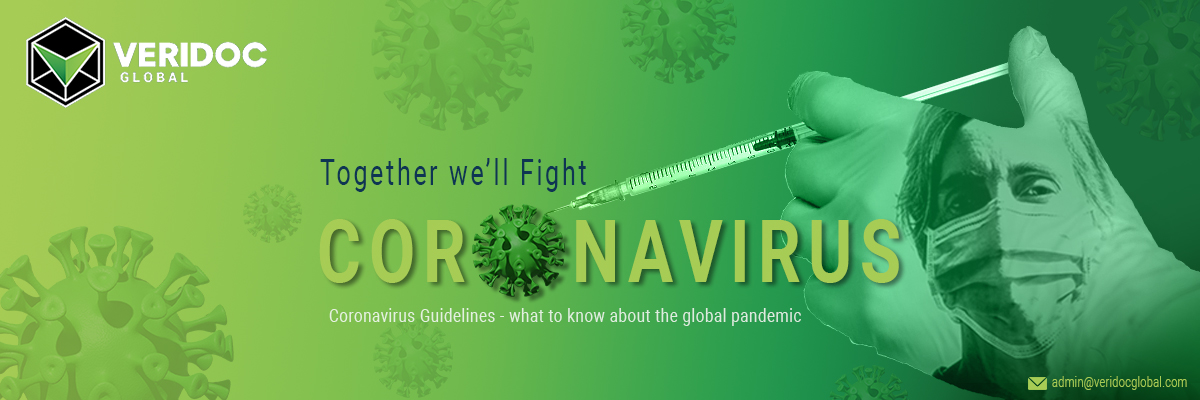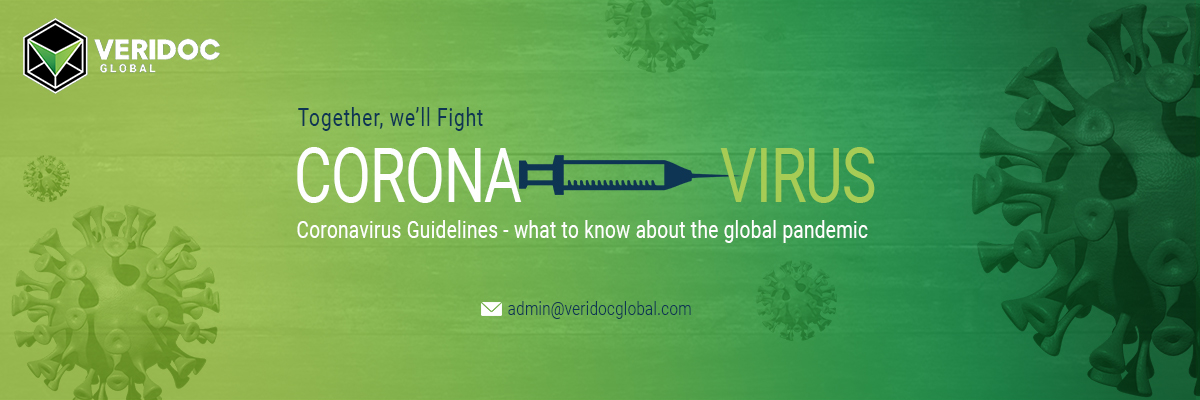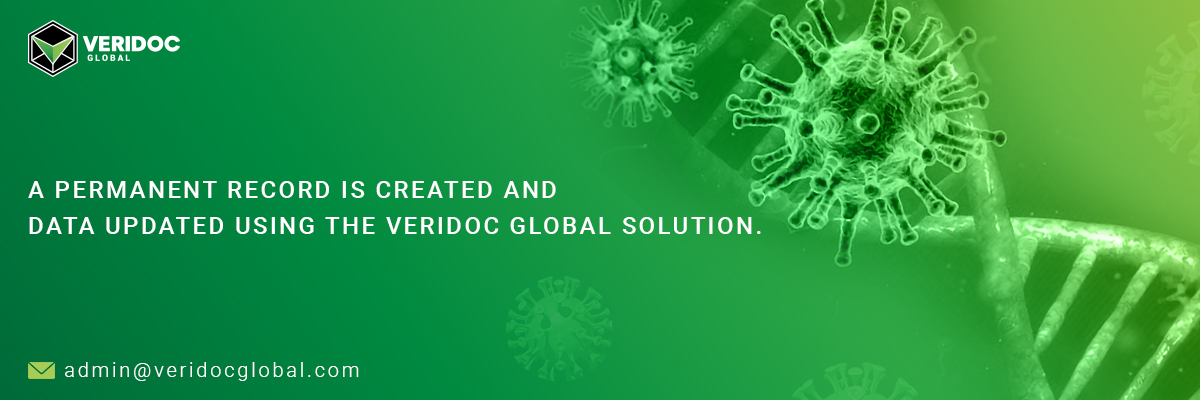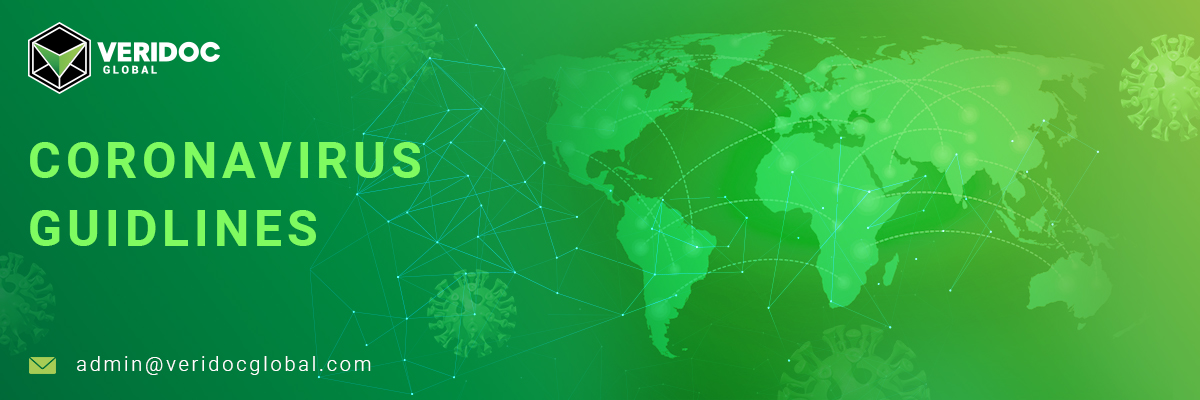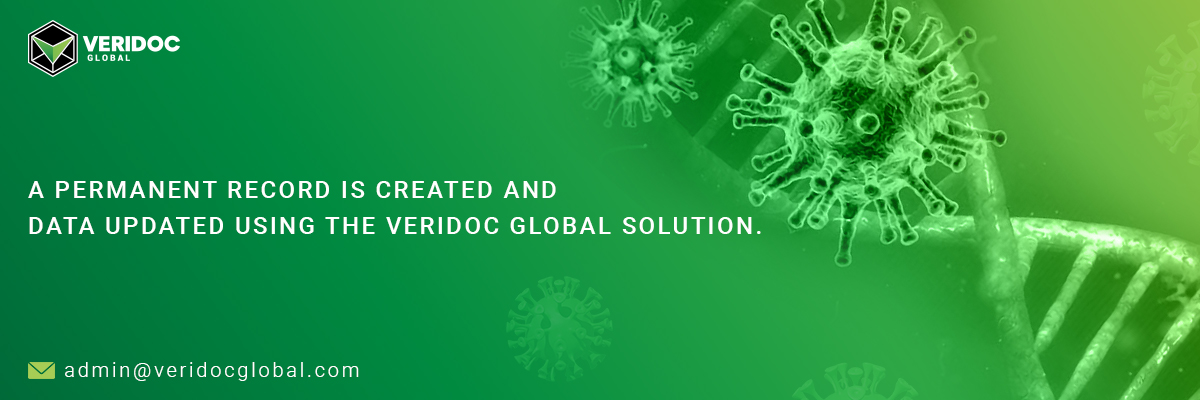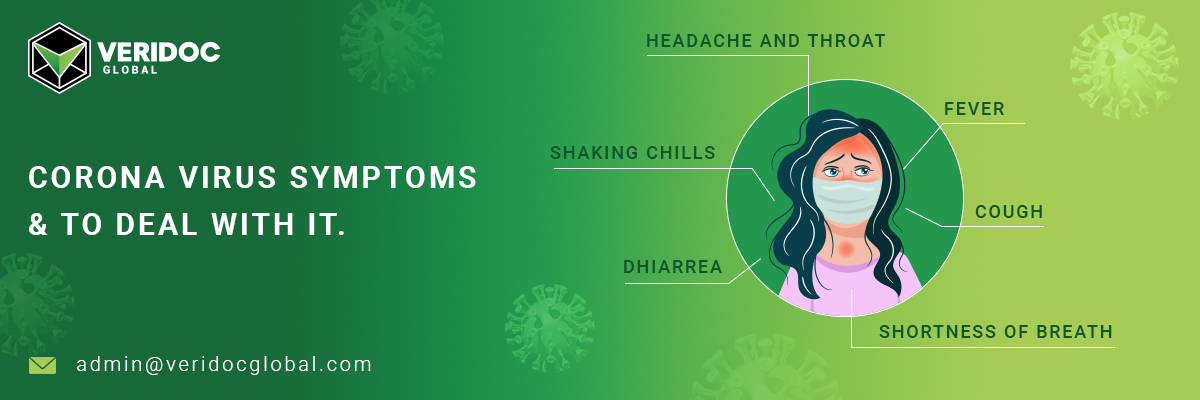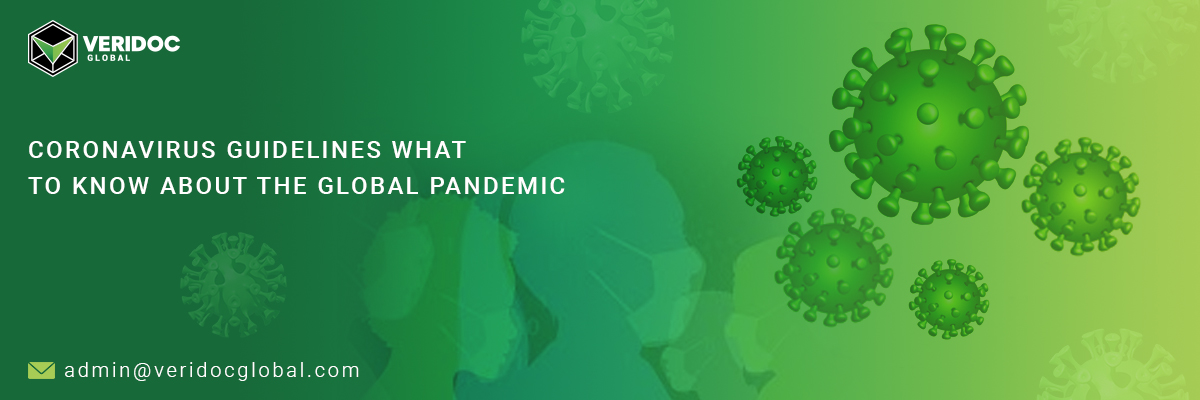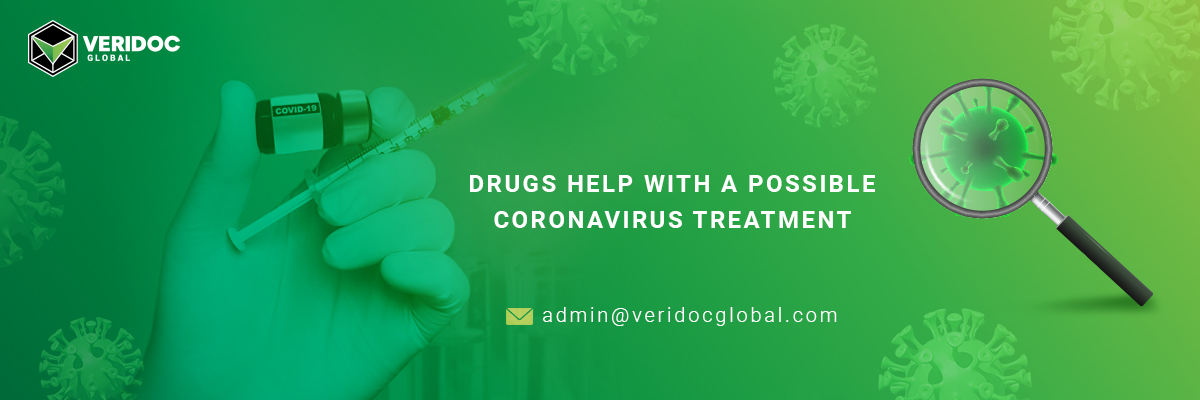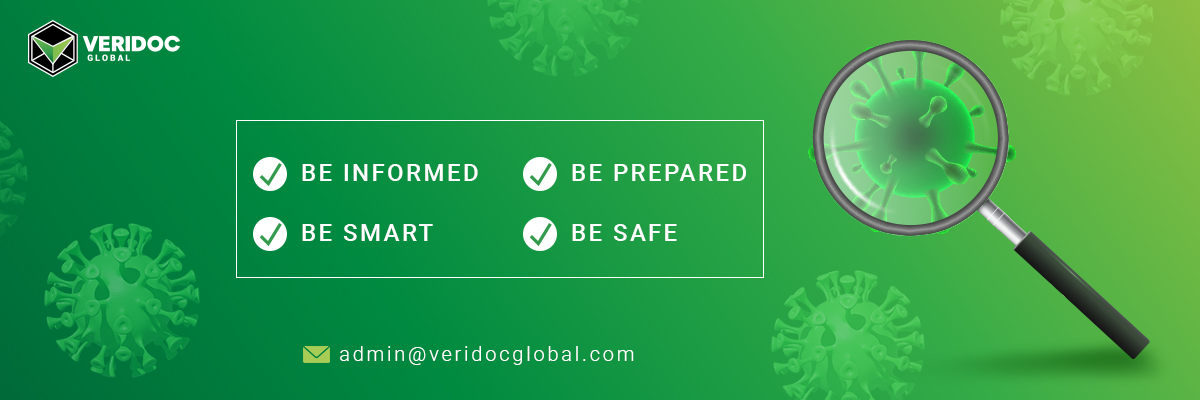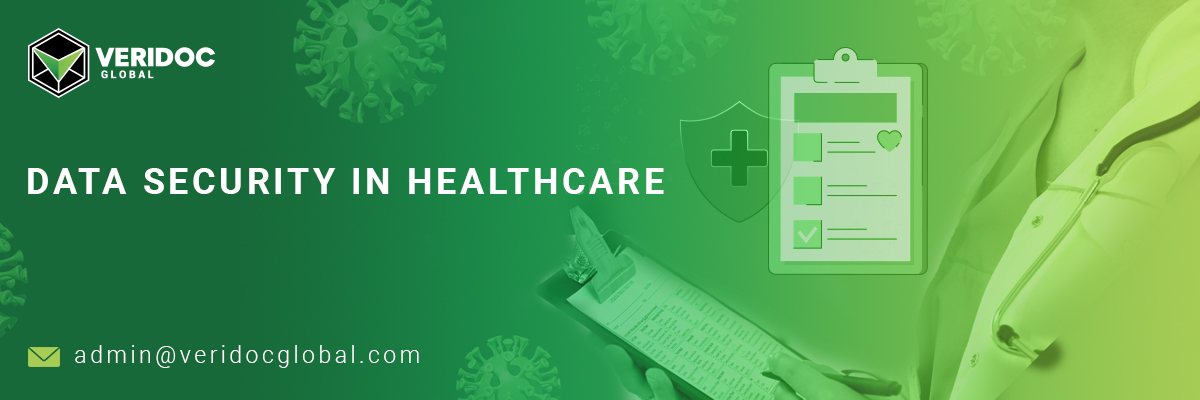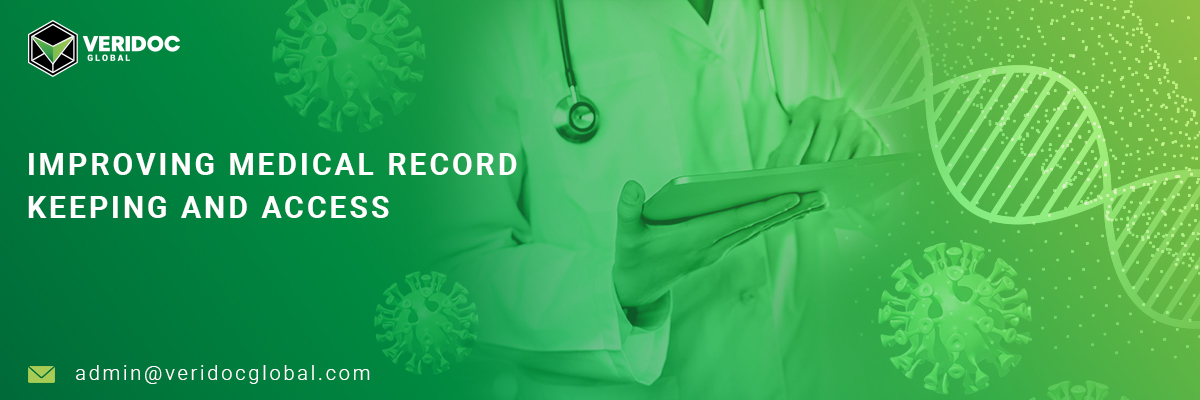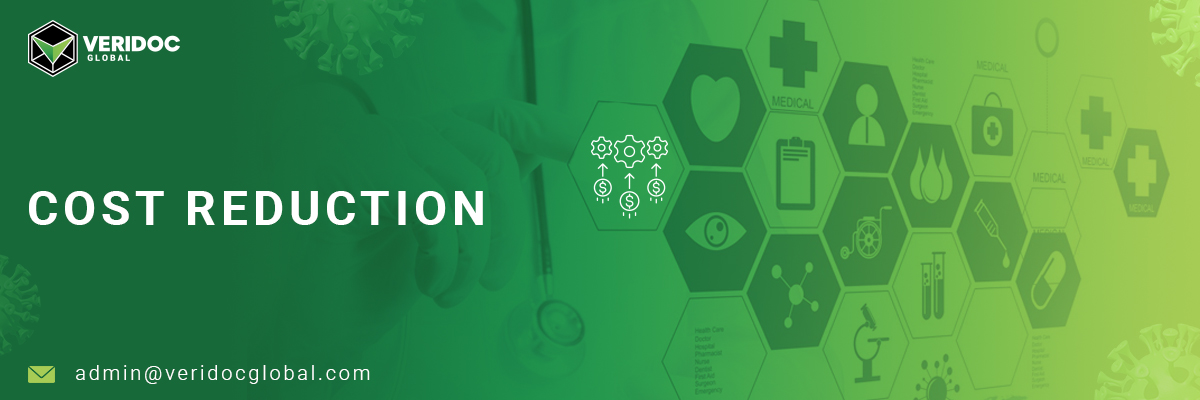You may be surprised to hear it, but some of the top data breaches since 2015 have all been with the medical field. Patient records and breaches have only since then increased with systems and hospitals already overloaded, and there is reason to be concerned.
"In 2018, the healthcare sector saw 15 million patient records compromised in 503 breaches, three times the amount seen in 2017, according to the Protenus Breach Barometer. But just over halfway through 2019, and the numbers have skyrocketed with potentially more than 25 million patient records breached.
Healthcare has been peppered with massive data breaches, with each of the 10 largest seeing more than 200,000 records breached at a time. What's worse is that many of these went on for extended periods of time, while others failed to report within the HIPAA-mandated 60 days."
The full story here.
https://healthitsecurity.com/news/the-10-biggest-healthcare-data-breaches-of-2019-so-far
It's now 2020, and things haven't slowed down. We live in a world where the importance of medical data has never been more critical.
The facts are that stolen health care data is worth less than say stolen financial records, but it is still used to exploit along with being monetized.
"Healthcare firms continued to be primary targets of cyber-attacks with several data breaches and ransomware attacks taking major headlines again. The financial health of the healthcare industry might get even worse with data breaches expected to cost US$ 4 billion by the end of the year."
Full story here.
https://www.cisomag.com/7-times-ransomware-became-a-major-healthcare-hazard/
Most medical data isn't perishable. That means you will keep it most of your life. Think of your medicare care, when was the last time you changed the numbers, even when you lost your card?
These qualities make it particularly valuable to someone who deals with data. There are some in the medical industry speculate that medical data could grow to surpass financial data in value on the black market.
From all accounts, the most valuable data targeted by cybercriminals is pharmaceutical and intellectual property.
The health care industry is comparatively unprepared when it comes to data security. Confronting the problem involves not only understanding the threat but being proactive about combating it, which is where blockchain comes into play.
Blockchain technology has the potential to transform health care by placing the patient at the center and increasing the security, privacy, and connectivity of health data around them. This technology can be used to great effect by making the systems more efficient and secure.
Electronic Health Records contain critical and highly sensitive private information, that is used for diagnosis and treatment. The data is a valuable source for healthcare and has advanced our civilization has it has grown. The sharing of data is a crucial step towards making the healthcare system even better and improving the quality of healthcare service as a whole.
Healthcare data is already being distributed across multiple stakeholders, the Blockchains distributed ledger technology, and infrastructure could improve upon existing centralized systems in accessing, cost, and, most importantly, securing the data. Blockchain could also streamline costs, reduce times for patients, and be more efficient than centralized systems due to lower overhead and fewer intermediaries.
Right now, we need to use the resources we have at hand and learn from our mistakes and build on the technology development and complete solutions we have achieved with blockchain.
As a health writing expert from AssignmentCanadaHelp says: "Secure our health care data and our future."
